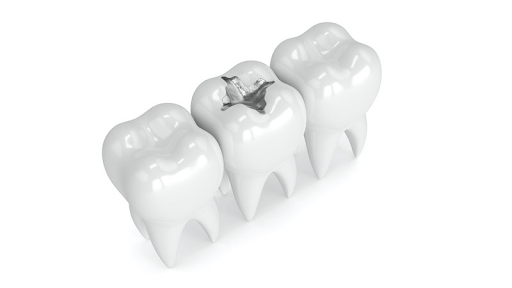Fish oil is an omega-3 fatty acid that plays a critical role in the body and supports many physiological functions.
Omega-3 fatty acids consist of EPA and DHA, which provide their own unique set of benefits. While fish oil is not the only source of omega-3 fatty acids, it is one of the most effective and cheapest methods of acquiring it.
Omega-3 fatty acids are quite deficient in western diets, which tend to be high in omega-6 fatty acids instead. Ideally, the body will have a near-equal 1:1 ratio of omega-3 to omega-6 fatty acids. Since omega-6 levels are so elevated in western diets, supplementing omega-3 fatty acids is highly recommended unless seafood is already a regular part of your diet.
Breakdown of Benefits
Fish oil has numerous benefits that establish it as a very promising supplement. It is a powerful prophylactic agent that can ensure longevity and improve both physical and mental health. In regards to the physical effects on the body, it’s been shown to reduce triglycerides and blood pressure and elevate HDL-C. It’s also been shown to have strong antioxidant and anti-inflammatory properties as well and is useful as a tool for promoting healthy aging.
Fish oil also has notable benefits to mood and brain health. There is a lot of evidence to suggest that it can reduce depression, especially in people with bipolar disorder. There is also some evidence that it can reduce anxiety and stress and may even ameliorate ADHD in kids.
Interestingly, fish oil also has some cognitive enhancing properties. It can improve levels of oxygen in the brain as well as cerebral blood flow. In elderly people, it can also help alleviate cognitive decline.
The role of EPA and DHA in the body does have some overlap, however, it’s clear that each one has some exclusive benefits. As such, depending on your own unique needs, it’s a good idea to aim for a fish oil product with a specific ratio of EPA to DHA.
It is EPA, not DHA, that is responsible for the mood-brightening qualities of fish oil, especially for reducing depression. On the other hand, DHA looks to be much more effective for improving cognition and preventing cognitive decline, especially in the elderly.
Forms of Fish Oil
The omega-3 fatty acids EPA (eicosapentaenoic acid) and DHA (docosahexaenoic acid) occur in abundance in phytoplankton and algae, which get passed along to to fish such as salmon in the food chain. As such, for vegans, it is recommended for them to supplement algae extract (also called algae oil) as a viable alternative. Another common alternative to fish oil is krill oil, although there are differing opinions as to whether this form is more effective than fish oil.
Alternatively, fish oil may be acquired from the diet. Wild caught salmon, in particular, are quite high in EPA and DHA and are more bioavailable than fish oil capsules, however you will need to eat about 18 oz of salmon per week to ensure sufficient quantities of omega-3 fatty acids.
The method by which you choose to acquire omega-3 fatty acids will vary depending on your own individual needs. I tend to enjoy salmon and I typically eat quite a lot so I don’t feel the need to supplement it. I primarily take fish oil for the EPA and mood-brightening benefits.
However, if you are looking to benefit from DHA primarily, there are a few ways of acquiring this effectively. Algae extract almost always has much higher levels of DHA than EPA, and it offers the added benefit of being completely vegan. Some fish oil extracts have also been specifically formulated to contain very high levels of DHA as well.
Recommendations and Caveats
In my opinion, it’s best to take a fish oil brand that is very high in both EPA and DHA as this can maximize the benefits of both, as they do have some degree of overlap and may be synergistic when taken together.
When taking fish oil supplements, it’s very important to avoid consuming rancid fish oil. One simple way to determine if fish oil is rancid is to break open the capsule – if there is a notable “fishy” smell to it, then I would suggest not taking it. High-quality fish oil will not actually have a distinct odor, even after breaking open the capsule/softgel.
Rancid fish oil has been shown to cause oxidative damage to the body and may have a negative net effect if taken. Liquid forms are highly ill-advised for this reason. Look for well-packaged bottles that don’t allow light or heat in easily. It’s also highly recommended to ensure the product contains a preservative such as rosemary extract or Vitamin E, as this can also help prevent rancidity. Lastly, it’s recommended to either refrigerate or freeze the capsules in order to maximize their shelf life.
As far as brands go, Nordic Naturals is commonly cited for being one of the highest quality fish oil products on the market. I have personally used Viva Naturals as they also seem to be high quality while also fairly affordable.
For more information on fish oil, check out this page: Fish Oil – Nootropics Professor











